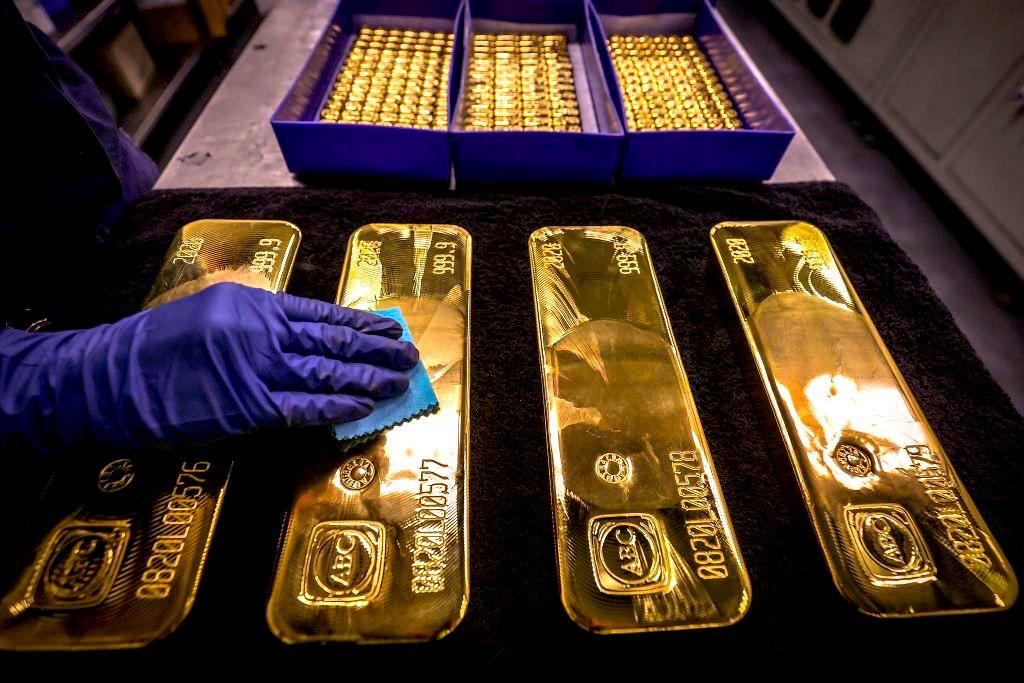Texas could become the first state in the nation to issue its own digital currency based on gold and silver.
The Texas Senate could vote on Senate Bill 2334 this week. A similar bill in the Texas House, House Bill 4903, did not advance.

Texas could become the first state in the nation to issue its own digital currency based on gold and silver.